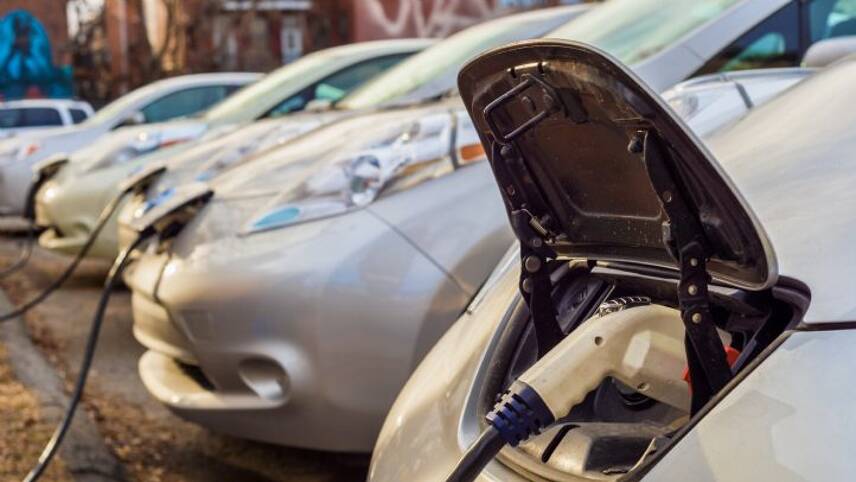Register for free and continue reading
Join our growing army of changemakers and get unlimited access to our premium content

The Government claims the 2040 ban is ambitious enough to meet its 2050 target of making “almost every car” in the UK zero-emission
Last October, MPs on the Business, Energy and Industrial Strategy (BEIS) Committee wrote a letter to Prime Minister Theresa May, urging her to move the ban forward in light of the Intergovernmental Panel on Climate Change’s (IPCC) landmark report on global warming.
Drawing on research from businesses including Tesla, Nissan Europe, BMW and Toyota, the letter dubbed the Government’s approach to low-carbon road transport “inconsistent”, with the moves like reducing its existing electric vehicle (EV) grant by up to £1,000 per customer, for example, standing in contrast to the aims of its Road to Zero strategy.
The letter concluded with a warning that the UK would need to sell only zero-emission vehicles post-2032 if it is to meet the targets outlined in the Fifth Carbon Budget.
Responding to the letter late last week, the Government published a document stating that it “welcomed” the BEIS Committee recommendations. The 23-page letter assures BEIS that the House of Commons views the shift towards electric ground transport as an “essential” part of the UK’s progress towards the aims set out in upcoming carbon budgets, and a move which is likely to be consumer and industry-led.
Nonetheless, the letter confirms that the 2040 date for the ban on new petrol and diesel car sales will not be brought forward. It claims that this date is “sufficient” for the UK to meet its long-standing 2050 target of making “almost every car” in the nation zero-emission.
“The Government recognises the importance of overarching policy goals on climate change and air quality,” the letter states.
“The Clean Growth Strategy set out pathways for meeting the UK’s long-term emissions reduction target of 80% on 1990 levels by 2050. The 2040 ambition is consistent with this evidence on pathways for meeting 2050 targets and sets a clear level of ambition for industry to work towards.”
The letter concludes that the 2040 date will remain in place until at least 2025, when the Government will review progress made towards a low-carbon automobile sector and “consider what interventions are required if not enough progress is being made”.
Stark criticisms
Responding to the Government’s letter, BEIS Committee chair Rachel Reeves MP said the document served to “highlight” the Prime Minister’s “lack of ambition” in setting EV policies.
“To ensure the UK seizes the opportunities to develop a globally-competitive EV industry and takes a lead on decarbonising our transport, the Government must come forward with a target of new sales of cars and vans to be truly zero-emission by 2032,” Reeves said.
“It’s also vitally important that the Government comes forward with detailed policies and actions to help make electric vehicles an attractive option, not least by ensuring that consumers across the UK have access to convenient and reliable charging points for their EVs.”
Reeves’ comments are the latest in a string of calls for the UK’s 2040 date for the phase-out of new petrol and diesel car sales to be moved forward.
Last year, the German Aerospace Centre warned European ministers that the date will have to be moved to 2030 if the auto sector is to play its part in holding global warming to the Paris agreement’s 1.5C goal.
Similarly, think tank The Green Alliance has argued that an earlier phase-out for new diesel and petrol cars would affect the looming gap in the UK’s legally binding 2030 climate target. A 2030 deadline would cut the gap by 85%, or 98 million tonnes of CO2e, it claims.
Sarah George


Please login or Register to leave a comment.